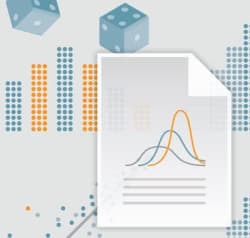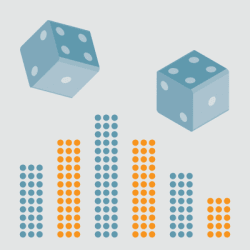Images
Building upon Duke’s “Programming and the Web for Beginners” course, you will grow in your ability to be a problem-solver and programmer by writing Java programs. We are excited that you’ve chosen to learn Java with us! You will soon be able to solve problems that you find interesting and useful by practicing a design process you will learn in this course. Java concepts presented in this course include basic control flow; object-oriented concepts including classes and methods; custom, open-source classes; and a design-implement-debug process that you can continue to leverage as you build your experience and knowledge of programming principles. The custom, open-source classes will provide a consistent application programming interface (API) so that you can write programs that access and transform images, websites, comma separated value (CSV) files and other data files using simple and accessible coding idioms built on the Java Iterable interface. You will learn to design, test, and debug programs and to find and read Java documentation that can serve as the basis for continued study of Java and programming. After completing this course you will be able to: 1. Edit, compile, and run a Java program; 2. Use conditionals and for loops appropriately in a Java program; 3. Use Java API documentation in writing programs. 4. Debug a Java program using the scientific method; 5. Develop a Java method to solve a specific problem; 6. Develop a set of test cases as part of developing a program; 7. Create a class with multiple methods that work together to solve a problem; and 8. Use divide-and-conquer design techniques for a program that uses more than one method.
Similar resources
To these ends, the mission of Duke University is to provide a superior liberal education to undergraduate students, attending not only to their intellectual growth but also to their development as adults committed to high ethical standards and full participation as leaders in their communities; to prepare future members of the learned professions for lives of skilled and ethical service by providing excellent graduate and professional education; to advance the frontiers of knowledge and contribute boldly to the international community of scholarship; to promote an intellectual environment built on a commitment to free and open inquiry; to help those who suffer, cure disease, and promote health, through sophisticated medical research and thoughtful patient care; to provide wide ranging educational opportunities, on and beyond our campuses, for traditional students, active professionals and life-long learners using the power of information technologies; and to promote a deep appreciation for the range of human difference and potential, a sense of the obligations and rewards of citizenship, and a commitment to learning, freedom and truth.


Programming and the Web for Beginners

Statistics Capstone Project

Introduction to Probability and Data

Java Programming: A DIY Version of Netflix and Amazon Recommendation Engines

Dog Emotion and Cognition














